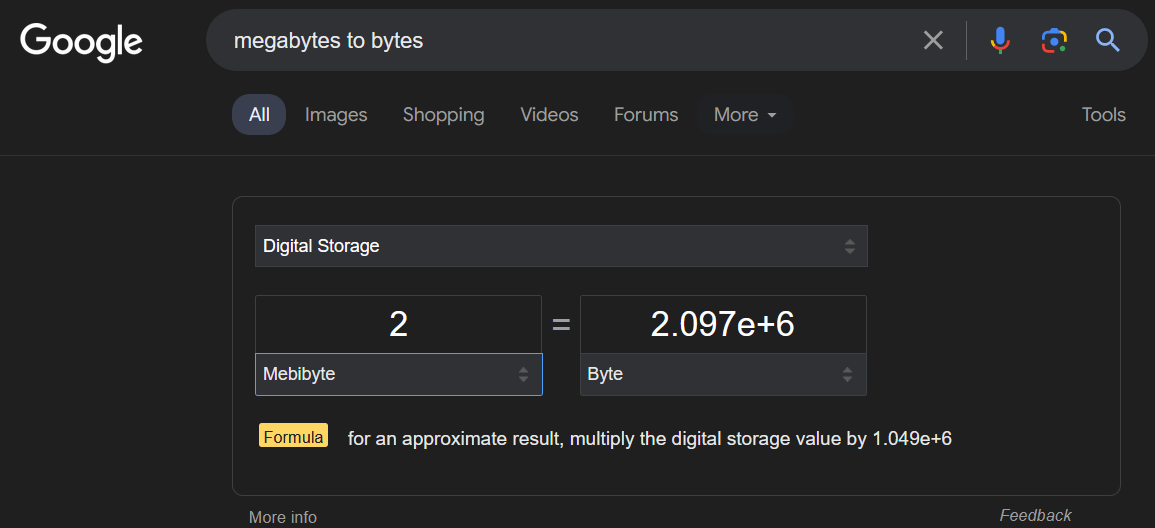I didn't think of this until you pointed it out. I think someone used a certain method of creating images that look correct at a glance, but at closer inspection, contain many flaws.
jas0n
It was " dog meat." I forget the name of the breed, but you can look it up. Apparently, it is a breed specifically raised for food and can also be found in South Korea (e: on the menu).
There is a video going around the interwebs of a Russian soldier freaking out because they were eating it too until someone in the group translated the label.
Did you just give me a new instance to block?
In response to:
Moreover, the claim that they can harm the software is unwarranted because it is OPEN and many eyes are on it.
The xz attack was an intentional backdoor put into a project that was "OPEN and many eyes are on it." Also, it was discovered due to the way it was executing and not because someone found it in the source. The original assumption has been proven wrong.
Yeah, ever notice how hard it is to get it right on the third attempt? I have a keyboard walk password, and I still use my index finger if I get that far.
Half the earth was actually created in 1969. The other half was finished 12 hours later =]
xz attack was an open source attack and it would be silly to assume that it was unique.
I shouldn't have used C++ as the example. Even C would work. I agree with everything you're saying, but the original premise. I think if you put ASM vs C, C++, rust, etc, performance would fall near 50/50.
I'm not the best assembly guy, and I'm not advocating we all write it. But I always felt that the compiler optimization assumption was wrong or weak. Everything would be aligned nicely for my sanity, not performance =]
I feel like that's only true if I was asked to "write the assembly for this c++ program." If I'm actually implementing something big in assembly, I'm not going to do 90% of the craziness someone might be tempted to do in c++. Something that is super easy in c++ doesn't mean it's easy for the CPU. Writing assembly, I'm going to do what's easy for the CPU (and efficient) because, now, I'm in the same domain.
The bottom line is cranking up the optimization level can get you a 2-5x win. Using memory efficiently can give you a 10-100x win.
Of course the numbers are good.
My bullshit detector is going off for a different reason. This is an arbitrary short term vs long term comparison. The money that went to Israel wasn't going to HUD either way. As someone correctly pointed out, $20B is a rounding error here.



I wasn't doubting the authenticity here.